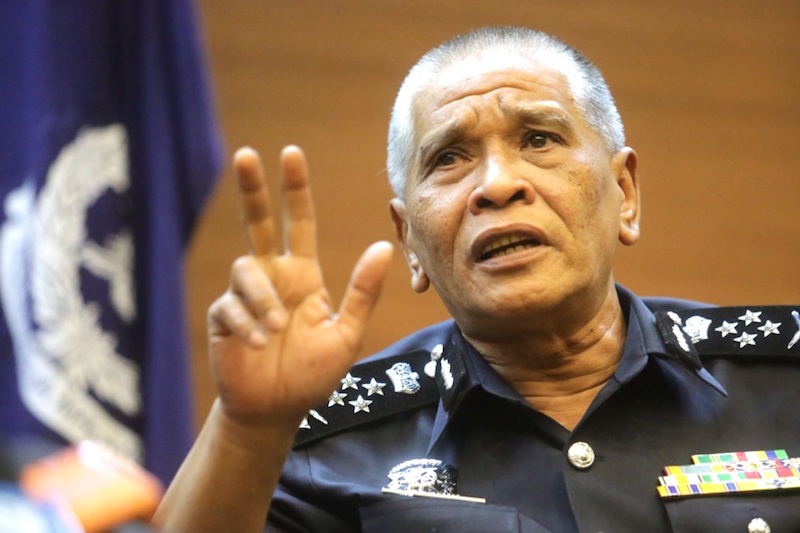KUALA LUMPUR, April 27 ― A transgender rights group told local police today to engage with the lesbian, gay, bisexual and queer (LGBTQ) community here, highlighting the Philippines police force that has undergone sensitisation training with such groups.
Justice for Sisters expressed concern that Deputy Inspector-General of Police (IGP) Datuk Seri Noor Rashid Ibrahim’s statement about not allowing openly LGBT people into the force, even if they are qualified, would further perpetuate homophobia and transphobia among police officers.
The group highlighted a report by international rights group Human Rights Watch that documented claims of police actions against trans people, such as sexual violence, arbitrary arrests based on gender identity, arbitrary urine tests, extortion of money or sexual favours, and lack of urgency and bias in investigating police reports lodged by transgender people.
“We call the Deputy IGP to understand the issues faced by LGBTQ persons, review his statements, and engage with LGBTQ groups in a meaningful way to address the issues faced LGBTQ persons in relation to the police,” said Justice for Sisters in a statement.
“Police officers in the Philippines have undergone trainings with LGBTQ groups to further understand the issues faced by LGBTQ persons, and to reduce violence by the police towards LGBTQ persons.
“In 2013, a national gender and dexuality training program [was held] to sensitise police officers when engaging with lesbian, gay, bisexual and transgender (LGBT) people,” the group added.
US-based human rights organisation OutRight Action International, formerly known as the International Gay and Lesbian Human Rights Commission, said in a statement in February 2013 that it has partnered with the Philippines National Police Human Rights Affairs Office to start a gender and sexuality training programme to sensitise police officers when engaging with LGBT people.
“The aim of this engagement with the LGBT sector is to sensitise the police force to bring about attitudinal change that greatly affects how the police enforce the rule of law and to make the necessary recommendations to incorporate inclusion of LGBT issues and rights in the formal training program of instructions (POI) in the policies and standard procedures of the police force,” Police Chief Superintendent Nestor Fajura, chief of the Philippines National Police Human Rights Affairs Office, was quoted saying.
Justice for Sisters said police departments and officers must reflect the diversity of the community they serve and stressed that LGBTQ people are part of society.
“Further, it is extremely counterproductive when people fear the police. LGBTQ persons often do not report cases of violence because of the attitude, lack of urgency and bias by the police in investigating police reports lodged by LGBTQ persons,” said Justice for Sisters.
“LGBTQ persons are subjected to intrusive and irrelevant questionings about their gender identity (e.g. ‘Are you a man or woman?’ based on IC, misgendering), gender expression (e.g. ‘Are you a man or woman?’ based on appearance), and sexual orientation. As a result, many cases go unreported and uninvestigated,” the group added.



















